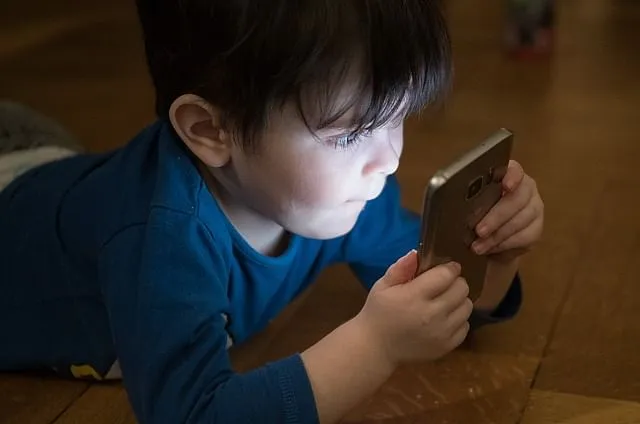This piece is a result of an online session I attended some time before. It was a talk on the impact of digital media on academics. And the speaker was Ajaz ul Haque, known for his immaculate writing. He highlighted both good and the bad effects of digital media on academics, and he did it in a very lucid manner. When the session was over I did my mental exercise and extrapolated the topic into new boundaries and instigated to unearth more serious issues. Though I agreed with most of the views of the speaker, I was vexed about some fine threads that radiated from our main topic. The speaker emphasized the idea of “Access” that digitalization has given to humans. And he skillfully embroidered it by saying that it has given super human powers to humans for whatever one wishes is just a click away on his gadget. True. Apparently, it is heaven like experience, desire it and get it. Initially it sounded enthralling but more thought I gave to it more uneasy I became and a spectrum of issues appeared before me. I began to lay it all out one by one but here I would prefer to ignore most of them except a few that I shall mention.
One is the impact of online content on adolescents. Since Covid pandemic has made online teaching the only way for educational institutions to teach and students are spending more time with phones and tabs and laptops rather than books, digital world has penetrated deep into human life. Moreover, the digital world is so vast and varied that you can find anything online. This makes surfing the online content vulnerable to misuse, particularly by the student community, mostly adolescents. This brigade is driven by hormones and curiosity and the trouble is inflated by the inherent capacity of humans to err. With all these spurs and opportunities at hand how would they use the power to access anything? I am not being cynical but wary I am.
When God kneaded man, seeking pleasure was added as a seasoning to the dough. So humans have a natural tendency to seek pleasure and senses are the means for doing it. The sad part is that pleasure is temporary. It is like petrol, once the tank gets empty the indicator of your car lights up and you have to fill it again. In the same way things that give pleasure must be supplied constantly to keep a person high. Internet is a rich source of such pleasures, be it explicit content, gaming, social media and possibly other things to name that I don’t know. An adolescent frequently roams into such territories where he is not supposed to be, just to satisfy his human instinct for seeking pleasure. Why am I particularly concerned about adolescents is due the that fact that they are under severe pressures from multiple sources; like pressure of academic performances, peer pressure, hormonal stresses. In short a cocktail of biological and social pressures. This leads an adolescent to find a vent for his frustrations and sometimes failures that he encounters in life, and he swiftly enters the online world where he seeks temporary pleasure or keeps himself busy with the unreal stuff to make his reality go fade, even that too temporarily. He is satisfied and he leaves, craves again and accesses again and the cycle continues. He not only wastes time by doing this but gradually gets addicted to these impulses which he feeds to his mind. Remember, the mechanism of addiction is almost the same at the mental level, different addictive substances whether it is a drug or a visual, ultimately finds home in our cognitive ocean, consequently a loss of focus, drop in performances and other personality disorders are inevitable. Victor Frankl said, when a person lacks meaning in his life he fills the void with pleasure.
Another snag that wormed into the web of my thought was the social media. Though it is a useful platform to connect with people but the aftermath of its unbridled and otiose use is damaging to the user. Countless people aimlessly scroll the social media pages wasting precious time, particularly students are the routine users of these applications. A person posts a picture on facebook or instagram and the amount of likes and dislikes he receives makes him happy or sad. Isn’t it giving a remote control to someone else and letting him control your mood. Abuse of social media has made humans shallow and vulnerable to affliction. We must know, at least superficially, the land we desire to trot on. Giving access to online content to a teenager and expecting him not to err is like taking a bull to a china shop and expecting no mess. Make your children aware of the dark side of online world before handing over a gadget to them. Parents have the most pivotal role to play here. They must act like guides and responsible protectors of their children. Constantly interact with your children and make them aware, and remind them that man should have control over technology and not the otherwise. After all, humans have a consistent capacity to err but we can’t make it a habit and that is the fundamental problem with the online access. You can err every time you access. So you have to be your own savior each time you click your gadget. A constant guard against your temptations is a must for we are just a click away from everything – good or evil. And yes, I will refrain myself from blaming social media or technology for the off-putting consequences for if I do so it would be like blaming my car for my accident.






